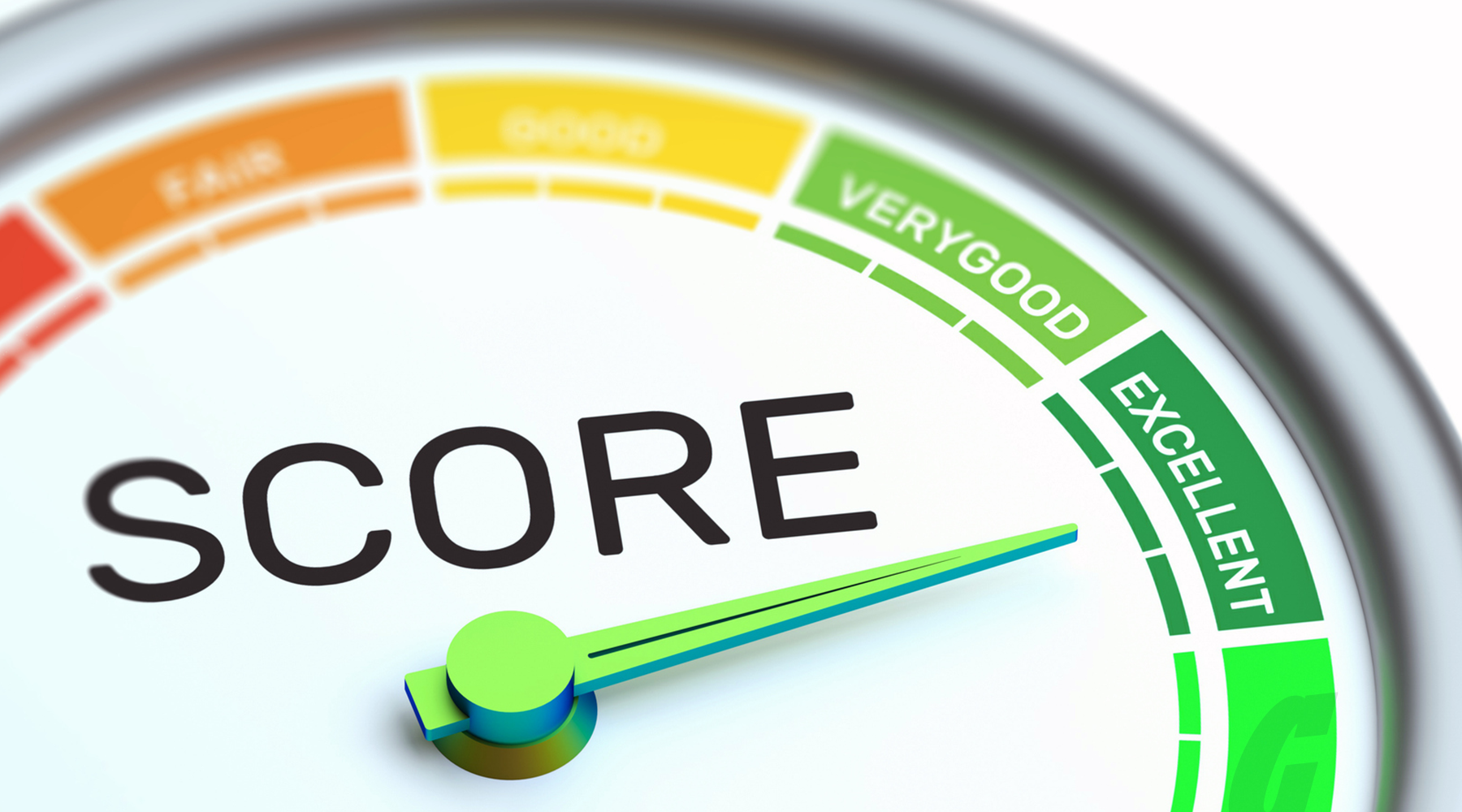Although dealing with debt collectors might be intimidating, being informed and proactive can make a world of difference. Under the Fair Debt Collection Practices Act (FDCPA), consumers in the USA are protected against unfair collection practices. In this article, we’ll discuss legal ways to deal with debt collectors while still using effective techniques to make the process of responsibly settling your debts go more smoothly.
Understand Your Rights under the FDCPA
Understanding your rights under the law is essential when dealing with debt collectors as knowledge is power. The FDCPA prohibits unfair, deceptive, and abusive conduct by debt collectors. Be aware that they are not permitted to annoy, frighten, or mislead you when trying to collect.
Request Debt Validation
If a debt collector gets in contact with you, consider requesting for debt validation. They must deliver a copy of the debt, including the identity of the original creditor and the amount owing, within five days of their first contact.
Communicate in Writing
Usually use written communication when speaking with debt collectors. You will have proof of your correspondence if you send letters certified mail with return receipt requested.
Keep Detailed Records
Keep thorough records of every interaction you have with debt collectors. Include the discussion summaries, dates, hours, and the collectors’ names. In the event of a disagreement, these documents may be crucial.
Be Firm While Remaining Calm
Keep your composure and be firm when speaking with debt collectors. Avoid arguing vehemently or disclosing unneeded personal details. Keep your cool around debt collectors.
Talk about a settlement
Consider discussing a settlement if you accept the debt but are unable to pay the entire amount. Offer a viable payment schedule that is in line with your financial circumstances, or a lump sum payment.
the United States’ debt settlement negotiations
Make use of your right to stop and desist
You have the right to ask that a debt collector stop contacting you if they use harassment or unfair methods. Send a certified letter of cease and desist indicating your desire to stop further communication.
Injunction against debt collectors: cease and desist letter
Inaccuracies in Dispute
Within 30 days of receiving the validation letter, you must challenge the debt in writing if you think the debt is inaccurate or that the collection process was handled incorrectly. Give justification for your request and ask that collection activities be put on hold until the issue is remedied.
Consult an attorney
Consider seeing a consumer protection attorney for advice if managing the situation becomes burdensome. On your options and rights, they can offer professional counsel.
Lawyer for consumer protection in the United States
Report any instances of FDCPA violations by debt collectors to the Consumer Financial Protection Bureau (CFPB) and the Attorney General’s office in your state. By reporting harassment, you can shield other customers from experiencing it.
Reporting violations of debt collection
Conclusion
It takes education, boldness, and a grasp of your rights as a consumer to deal with debt collectors in the USA. You may confidently navigate the debt collection process by using the tactics described in this blog. Keep records, remain composed, and think about getting legal counsel if necessary. With these resources at your disposal, you can endeavour to pay off your obligations while defending your legal rights and financial security.


[…] How to deal with debt collectors […]